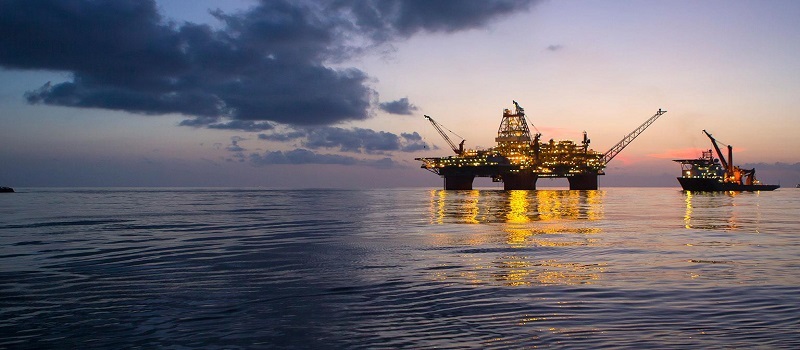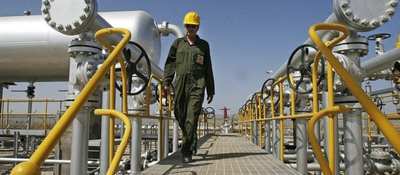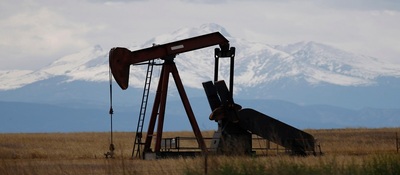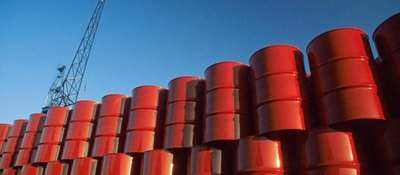
Shell and Tube Heat Exchanger
OBJECTIVES
Heat exchangers are important and expensive items of equipment that are used in a wide variety of industries. A better understanding of the basic principles of heat transfer and fluid flow and their application to the design and operation of shell and tube heat exchangers as well as plate heat exchangers, air cooled exchangers and other specialty heat exchangers that you gain from this course will enable you to improve their effectiveness and extend their life.
The course provides in depth presentation of the main types of industrial heat exchangers, their key features and aspects, and provides practical guidelines for selecting the appropriate type for specific applications.
You will better understand how to use the applicable API, TEMA and ASME codes, standards and recommended practices. Discussions cover fabrication, materials of construction and costs of tubular units; condensers and reboilers; effect and mitigation of fouling; and causes and prevention of exchanger tubes vibration and damage.
The workshops include practical worked examples to reinforce the key learning.
The objectives of the course are:
• To highlight the pivotal function and significance of heat exchangers in cost-effective plant operations
• To provide a clear understanding of the fundamentals of heat transfer and hydraulics and fluid flow and their application in the thermal design of heat exchangers.
• To provide methodologies for the mechanical design of heat exchangers in accordance with industry codes, standards and best practices, specifically ASME BPVC Section VIII, TEMA, and API 660, 661, and 662.
• To make delegates aware of cost-effective technologies and best practices for improving performance of heat exchangers.
WHO SHOULD ATTEND?
Project engineers, process engineers and plant engineers, mechanical engineers involved in design, operations, troubleshooting and maintenance, supervisors, technicians and technologists in the oil, chemical, power, and other industries that require a wider and deeper appreciation of heat exchanger design, performance and operation, coupled with the use of computers. The detailed review of mechanical design is particularly useful to plant and maintenance engineers as well as to those generally knowledgeable in the subject, but who require a refresher or update. No prior knowledge of heat transfer is required. Participants will be taken through an intensive primer of heat transfer principles as applicable to shell and tube heat exchangers.
COURSE OUTLINE
• Types and Application of Heat Exchangers
• Overview and basic fundamentals
• Significance of heat exchange in the petroleum, petrochemical, and process industries
• Heat Transfer Fundamentals and Heat Transfer Coefficients
• Heat Exchanger types and application
• Shell and Tube heat exchangers
• Compact heat exchangers
Plate heat exchangers
Printed circuit heat exchangers
Heat pipes
• Air-cooled heat exchangers
• Regenerative heat exchangers
• Geometry of Shell & Tube Heat Exchangers (STHE) and Double Pipes - TEMA
nomenclature, front end head types, shell types, rear end types, double pipe units, selection guidelines
• Worked examples – heat transfer
• Thermal and Hydraulic Design of Heat Exchangers
• Sizing and Specifying the heat exchanger
• Temperature Difference In STHE
• Counter current, co-current, and cross-current
• TEMA flow arrangements, comparisons
• worked example
Velocity Triangles and Performance Derivation from First Principles
Pump performance curves: head-capacity, power, efficiency
System curve: static, friction, pressure head components
• Fluid Flow and Pressure Drop
• Shell & Tube heat exchangers
• Plate heat exchangers
• Condensers and Reboilers
• Types and application
• General design considerations
• Worked examples: Thermal design and rating shell & tube heat exchangers
• Mechanical Design of Heat Exchangers
• Design and construction codes and best practices
ASME B&PVC Section VIII
API 660, 661, and 662
TEMA
• Basic design of heat exchangers - S&THE, PHE, ACHE
• Special design considerations
Piping loads on exchanger nozzles
• Materials of construction for heat exchangers
Impact of service conditions on material selection
• Fabrication of heat exchangers
Shell & tube heat exchangers
Plate heat exchangers
• Worked examples: Mechanical design of STHE
• Operation and Maintenance of Heat Exchangers
• Fouling In Heat Exchangers
Types and mechanisms, economic impact on design and operation
Fouling mitigation by design
Fouling mitigation by operation and maintenance
• Corrosion and erosion in heat exchangers
• Heat Exchanger Inspection Methods
• Operation and Troubleshooting
Performance monitoring and Testing
Flow-induced vibration, mechanisms, vibration prediction, damage numbers design procedure to avoid vibration including baffle selection, rod baffle
exchangers, twisted tube exchangers
• Cost-effective maintenance and repair of heat exchangers
Cleaning strategies and methods: S&THE, PHE, ACHE
Heat Exchanger Repairs
Removal and Replacement of Heat Exchangers
• Performance Enhancement and Optimization of Heat Exchangers
• Heat transfer augmentation techniques
Finned tubes
In-tube Enhancement - Tube inserts, sintered coatings
• Tube Bundle Replacement - Alternative enhanced tube bundle designs
Rod baffle
Heli baffle
Twisted tube
• Heat Integration Basics
Pinch technology
Heat exchanger train optimization
• Illustrative example: Heat exchanger network optimization





